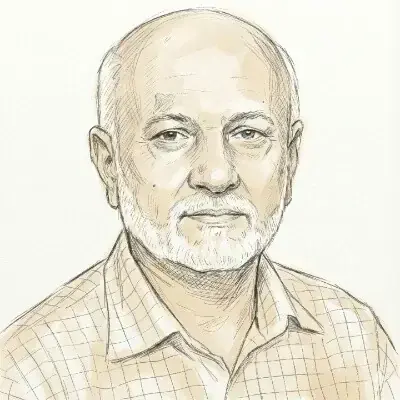ISLAMABAD: Nearly 16 million Pakistanis went online for the first time between 2012 and 2015, accounting for half the number of the overall internet users in the country, according to a UN report released on Tuesday.
This made Pakistan one of the top 10 economies in terms of the number of its people going online during the period. The country was at the ninth position on the list compared to India (1st), Iran (7th) and Bangladesh (10th).
However, the ‘Information Economy Report 2017’ — released by the UN Conference on Trade and Development — points out that many states in the Asia-Pacific region still remain relatively unprepared for the new digital era, and calls for concerted efforts to ensure that “no-one is left behind as a result of digitalisation”.
Carrying ‘Digitalisation, Trade and Development’ as its theme, the report says Asia-Pacific economies play a central role in the evolving digital economy as producers as well as consumers. It notes that 42 of the 135 largest digital economy corporations by market capitalisation are based in Asia.
E-commerce is also growing fast in Asia. Three of the four largest national e-commerce markets in the world are in this region, namely Japan, China and South Korea. Besides, China boasts the world’s largest market for business-to-consumer e-commerce.
Data from the Universal Postal Union (UPU) on the volume of international postal traffic furthermore shows that developing countries, especially in Asia and the Pacific, are becoming increasingly important participants in cross-border trade.
Their share in global postal deliveries sent abroad rose from 26 per cent to 43pc between 2011 and 2016. During this period, global deliveries of small packets, parcels and packages more than doubled, likely due to e-commerce.
Developing economies accounted for nearly 90pc of the 750 million people that went online for the first time in 2012-2015, led by India (177m) and China (122m), according to International Telecommunication Union (ITU) data.
The report says that new technologies can also make productive activities more efficient and spur innovation. But there are also risks and challenges of digitalisation. This is especially true for countries that are inadequately prepared for the digital economy. Digitalisation may lead to increased polarisation and widening income inequalities.
Productivity gains may accrue mainly to a few, already wealthy and skilled individuals. Another concern is the growing use of data flows and Internet of Things, which raises worries over data privacy and security. Furthermore, there is a risk of jobs becoming obsolete as a result of digitalisation, it says.
The report stresses that preparing for the digital economy requires a concerted, holistic, cross-sectoral and multi-stakeholder approach to policymaking. Key national policy areas include information communication technology (ICT) infrastructure, education and skills development, competition, science, technology and innovation and fiscal issues, as well as trade and industrial policies.
National policymaking also needs to be complemented by international support to prevent the evolving digital economy from leading to widening digital divides and greater income inequalities.
Further, it is important to ensure that more people and enterprises in developing countries have the capacity to participate effectively in the digital economy, meaning that the international community will need to expand its support on a massive scale.
The report says that digitalisation is impacting every aspect of production and trade, from the largest corporations to the smallest traders, but there is a risk that it will lead to widening income inequalities.
ICTs, e-commerce and other digital applications are helping a growing number of small businesses and entrepreneurs in developing countries to connect with global markets and open up new ways of generating income.
The report points out that more than half of the world’s population remains offline, and the pace of growth in access and use is slowing, particularly in the world’s least developed countries where only one in six people used the internet in 2016.
Published in Dawn, October 4th, 2017



































